Can "Ju-bilee-ve" Who's Gonna Benefit from the Memphis Voucher Pilot???
originally published on 3/15/2017 at www.mommabears.org
This bill would pilot a voucher program for Shelby County School students. But, not a single State Representative from Shelby County would sign off on it. So, a BIG Memphis Thank-You goes out to Knoxville's Harry Brooks for sponsoring a bill that experiments with the education of Shelby County School students.
Always good to try things out first on other people's children.
But Knoxvillians shouldn't despair, sources indicate that the state legislature has plans to spread the voucher love across the state of Tennessee. Former Lt. Governor Ron Ramsey confirmed that he supported intentions to expand the program statewide when he recently spoke to a group of Shelby County Republicans in Bartlett.
After his remarks, local Republicans peppered him with questions. But Ramsey had few answers. He told the audience that in his neck of the woods, there is only one private school, a small Christian school called Tri-State Christian Academy. He went on to say he had been criticized in the past for charter school expansion. His response to his constituent was to point out the lack of charter schools in upper east Tennessee.
But that response didn't fly in Bartlett.
It was quickly pointed out to Ramsey that Shelby County is home to a large number of private schools. Audience members repeatedly asked him about the impact vouchers would have on public education in the Memphis area. But Ramsey sidestepped most of the questions saying he was just the salesman and did not know the details of the bill. One audience member asked if voucher money paid to private schools would be lost if a student returned to public schools. After repeating, he did not know how the bill would work, Ramsey got a little testy and responded by saying his focus was on children, not institutions.
But that might not necessarily be true. Ramsey was quite interested in one instituition—the Catholic/Parochial school system in Memphis. He mentioned Catholic schools several times as a superior alternative to public schools in Memphis. This prompted Shelby County Commissioner, David Reaves, to ask if the true purpose of the Memphis voucher pilot is to subsidize the financially distraught Memphis Jubilee Schools?
Are Vouchers Earmarked for Catholic Jubilee Schools?
A 2014 article in Chalkbeat gives credence to Reaves' question which Ramsey left unanswered. "[Jubilee] schools are among the leading advocates for a new controversial form of school choice in Tennessee: vouchers, which would let low-income families zoned to low-performing schools use public funds to pay for private schools." Three years later, Chalkbeat confirms that Jubilee Schools are still lobbying for vouchers.
"[T]he introduction of vouchers could dramatically change the Jubilee Schools’ financial picture. Jubilee Schools could stand to gain more than $2 million from vouchers if they managed to fill all their classroom space, meaning that Shelby County Schools and the Achievement School District would receive less." Two million would be a lot of money for the Jubilee Schools, considering their single largest donation to last year's scholarship fund was only $175,000 according to the Commercial Appeal.
The Memphis Flyer reports that the Jubilee Schools were not readily accepted at first with some complaining that reopening the old inner city Catholic Schools was not pragmatic. "Sister Mary Della Quinn, dean of mission and religious studies at St. Agnes Academy, is one of many posing those questions to the Diocese. 'It doesn't matter if someone gave $30 million; it just costs so much to run a school even for a year.' Quinn, like others within the Catholic school system, suggests that the re-openings are acts of nostalgia and that the money should pay for upgrading existing schools, increasing teacher salaries, and providing technology for more classrooms."
The Jubilee Schools got their start with an anonymous $15M donation in 1999 and have continued operations funded primarily by donations. One of the big Miracle Partner donors is none other than the Hyde Family Foundation—a big name in education reform who has been pumping money into Common Core, Teacher Evaluation Models, Charter Schools and all those other icky reform measures.
Mary McDonald, former superintendent for Memphis Catholic Schools made it clear that "the [Jubilee] schools are truly Catholic...We’re not a public school. We’re not a charter. We have the same values we’ve had for centuries—do the same things. We say prayer every day. We say the rosary at the same time every week. We have Mass for everyone.” McDonald goes on to say that over 80% of her students were non-Catholics.
And it would appear the Jubilee Schools are poised to accept vouchers and proselytize to even more non-Catholic students. "Jubilee Schools already accept Title 1 funding from the federal government, and offer free and reduced lunch, they’re used to government oversight, administrators say. Students also already take nationally-normed standardized tests twice a year, another stipulation in last year’s proposed voucher bill."
But those nationally normed tests are not the same TCAP tests used to assess students in Tennessee public schools and that's just fine with Sen. Kelsey. Instead, Memphis Catholic schools who have aligned their curriculum to common core standards use the Iowa Assessment.
The Memphis voucher pilot has received quite a bit of push-back in Shelby County. Republican Senator Mark Norris from Collierville called the bill problematic. School boards from surrounding suburban districts have taken a stance against the voucher program. And the Shelby County Commission recently passed a resolution opposing Kelsey's voucher bill in a 10-0 vote with Commissioner Heidi Shafer abstaining. Two years ago, she argued for vouchers, saying that parents should have an "escape hatch" for students "trapped" in failing schools. She also touted the benefits of competition among schools.
"Competition makes everybody perform better," she said. "I think it does create a real hardship for the schools. But they are going to have to learn to compete the way the rest of us do."—Shelby County Commissioner Heidi Shafer
But under the proposed pilot, not everybody in Shelby County would be subject to competition. As written, the bill provides that only students attending Shelby County Schools are eligible for vouchers. School choice would not be available to inner city Memphis students who attend failing charter schools in the State-run Achievement School District. Those students would remain "trapped" in their failing schools without an "escape hatch" while the ASD would be protected from voucher competition.
According to Peter Meyer's article on saving Catholic schools in America, competition from charter schools has contributed to the demise of inner city Catholic schools. The article quotes Father Ronald Nuzzi, director of the Alliance for Catholic Education (ACE) leadership program at Notre Dame, as saying, "charter schools are one of the biggest threats to Catholic schools in the inner city, hands down. How do you compete with an alternative that doesn’t cost anything?”
The article found that "vouchers are proving to be something of an antidote to the threat posed by charter schools." "In Milwaukee, for example, according to Paul Peterson, while charters have 'accelerated' the decline of private schools, vouchers seem to have 'stabilized' them." "The Milwaukee Journal Sentinel concluded in 2005 that 'the principal [sic] effect of choice' in the city has been 'to preserve the city’s private schools, many of them Lutheran and Catholic.' David Prothero, associate superintendent of schools for the archdiocese, says the 6,000 Catholic-school voucher students represent nearly half of Milwaukee’s Catholic school students. 'That’s significant.'”
Vouchers may be a boost to declining inner city Catholic schools but are they what's best for students? Without subjecting Catholic school students to the same assessments as their public student counterparts, we may never know the answer to that question.
originally published on 3/20/2017 at www.mommabears.org
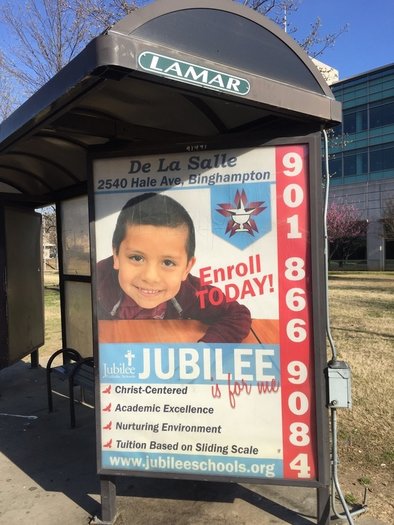
Well, we must have struck a nerve that sent the lobbyists for the Catholic Jubilee Schools into action. Yes, that's right, the Memphis Jubilee Schools have not one, but THREE lobbyists: Mark Cate, Daniel Culbreath, and Stephan Susano.
You may be asking since when do struggling Catholic schools hire lobbyists? And how can they afford lobbyists with so many needy kids?
Well….uh, maybe, when they have a lot to gain from influencing elected officials, it's worth finding the cash for lobbyist?
Enter the Stones River Group, a lobbying firm hired by the Catholic Memphis Urban Schools, Inc. Yeah, you're gonna want to hit those links to see what one political blogger has to say about Stones River and how they get paid with taxpayer dollars. And you are gonna want to see the MILLIONS of dollars reported by Catholic Memphis Urban Schools on their 990 tax returns.
According to the Tennessee Ethics Commission website (TEC). Heading up that effort is Mark Cate who formerly served as Gov. Bill Haslam’s chief of staff where he was his top advisor, strategist and negotiator. Also employed as a lobbyist for Stones River Group is the former Executive Director of Tennesseans for Student Success, Jeremy Harrell who served as Haslam's campaign manager in 2014. But Harrell is not listed as one of the CMUS lobbyists. But hey!! They are struggling Catholic schools and can't afford to hire all the lobbyists.
According to the Tennessean "Cate and [Steven] Smith [who served as deputy commissioner for policy and external affairs at the Tennessee Department of Education] exchanged hundreds of texts before and after Cate’s departure from Haslam’s office on July 31, 2015. In the weeks after Cate left the office, he started his own consulting firm that has contracts with several companies, including Tennesseans for Student Success."
Oh you remember Tennesseans for Student Success, don't you? We understand there are so many of these out-of-state groups coming into Tennessee and they keep changing their durn names so it's hard to keep up. So, click this link for a refresher on Tennesseans for Student Success.
The Catholic Jubilee Schools have bought themselves quite a powerhouse of influence to get public school dollars for their schools. No doubt, they are going to need those fancy lobbyists. One Shelby County Commissioner has already declared he heard the Memphis voucher bill is on its deathbed. And if by some miracle, it passes, then he promises that the Shelby County Commission will challenge its legality.
Yes, sir. The powerhouse lobbyists can expect a fight on their hands to save the Memphis voucher bill. A group of parents from all over Shelby County including suburban municipalities are headed to Nashville in the morning for the 9:00am hearing on the bill.

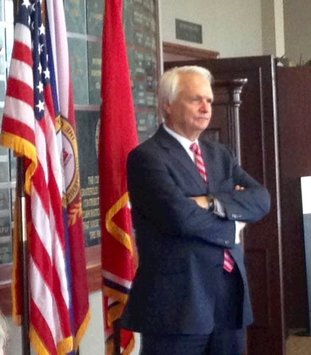
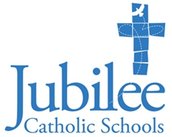
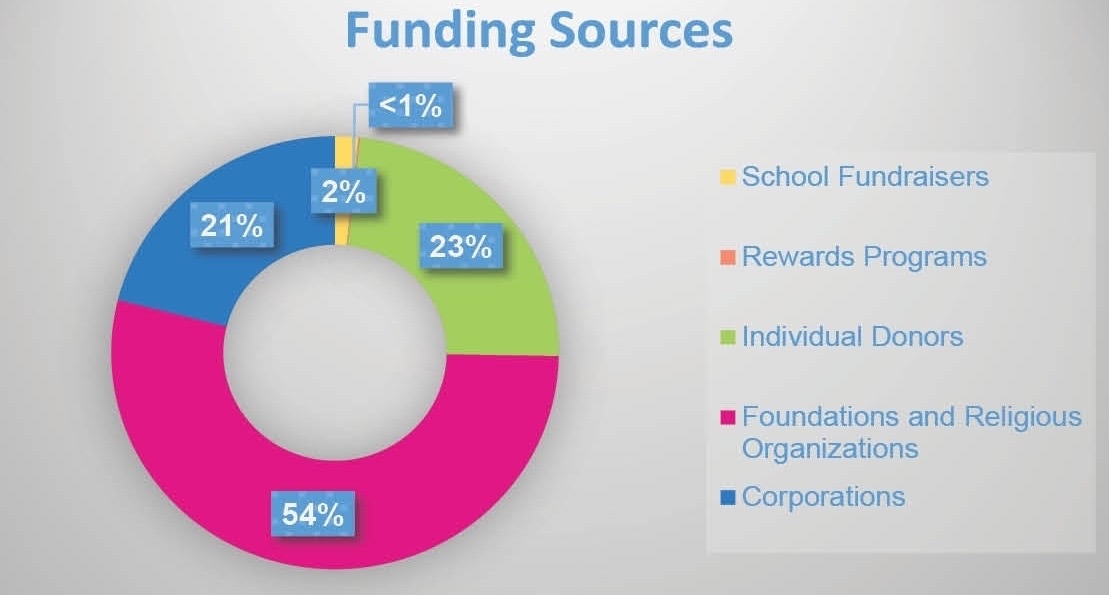
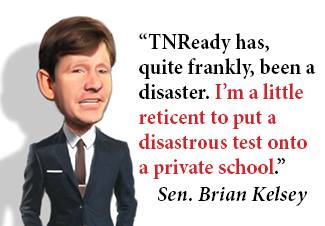


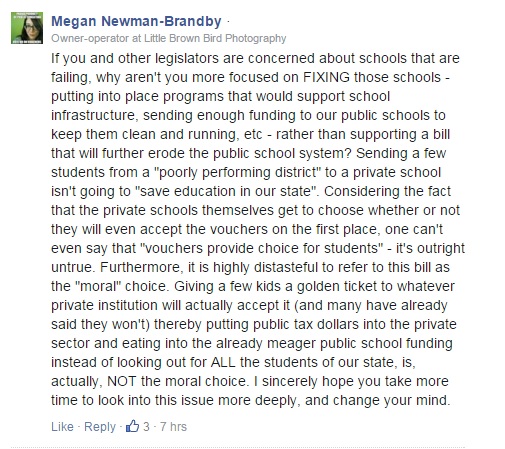
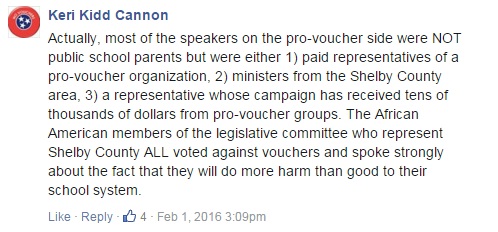
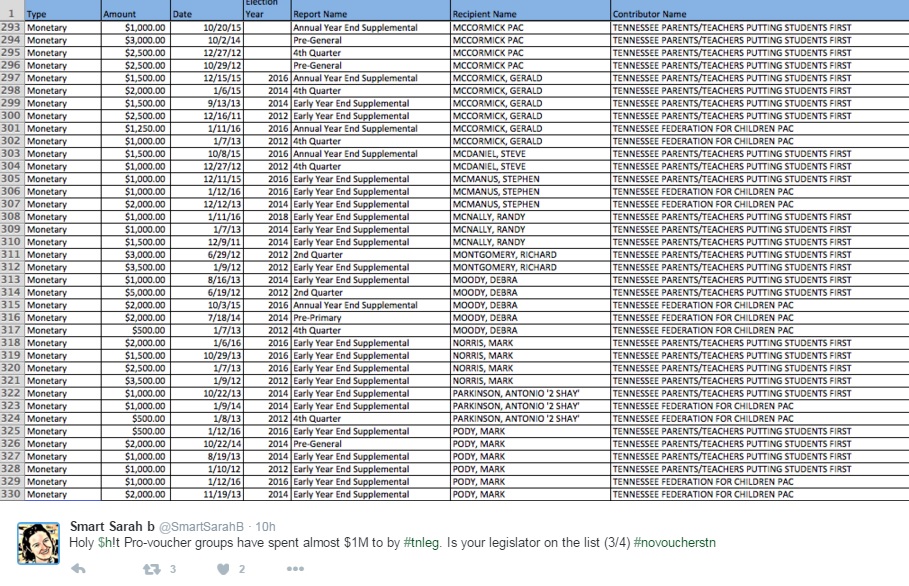
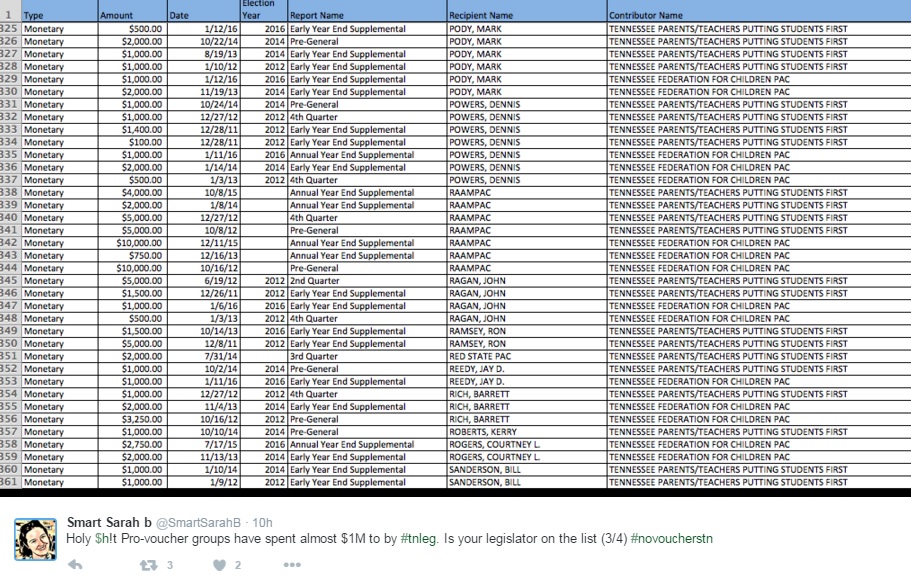
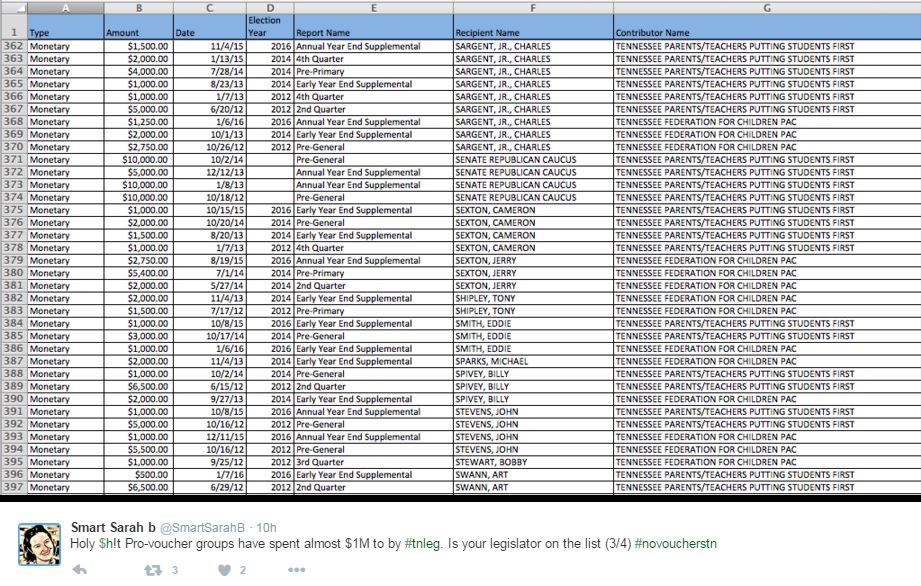
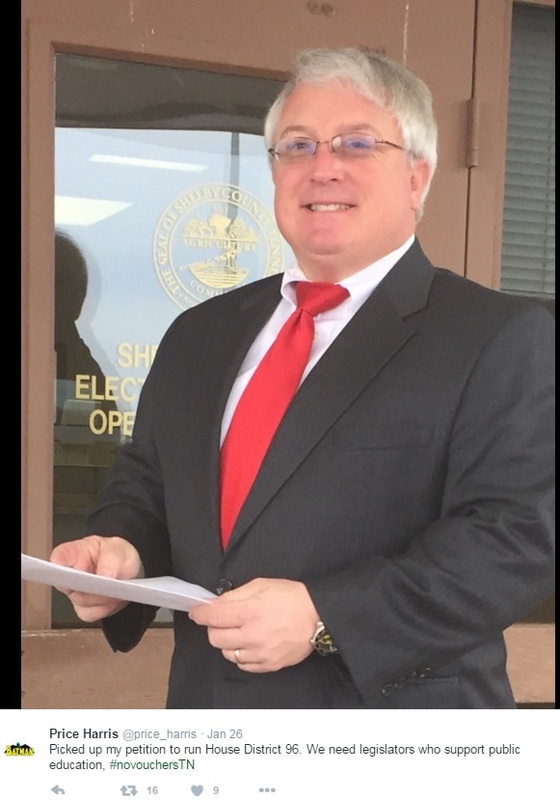
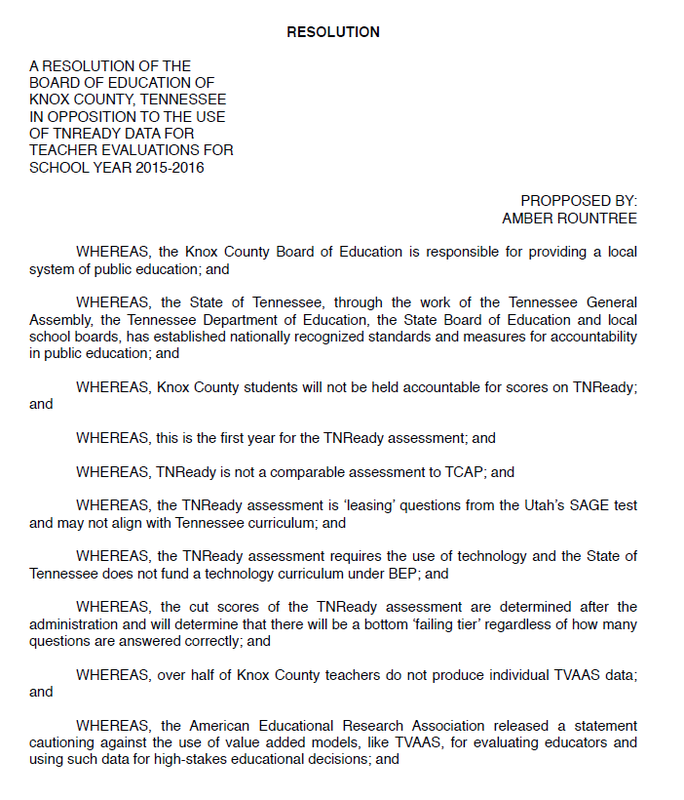
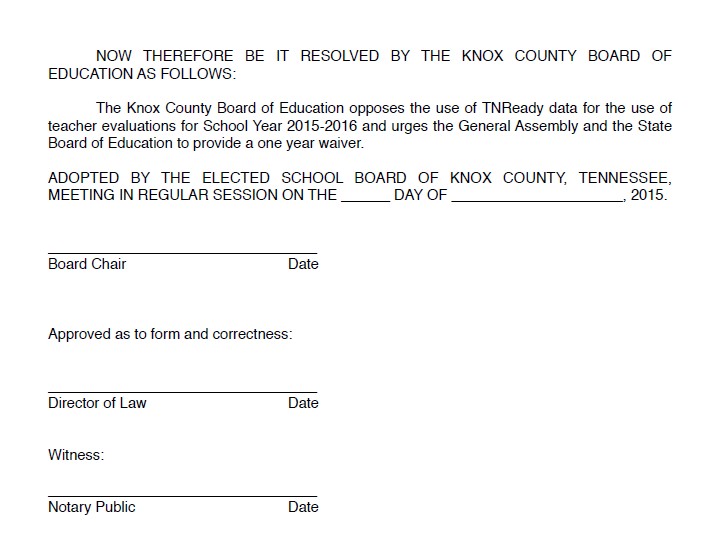
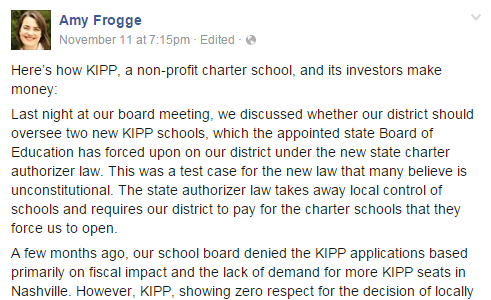
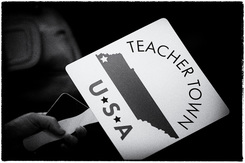
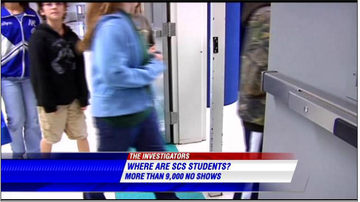
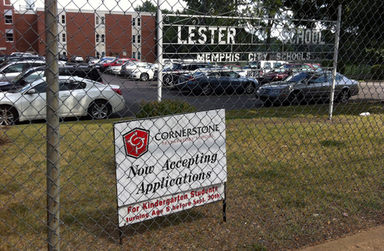


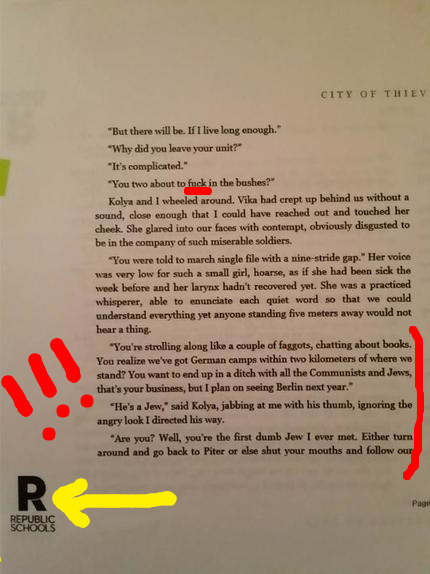

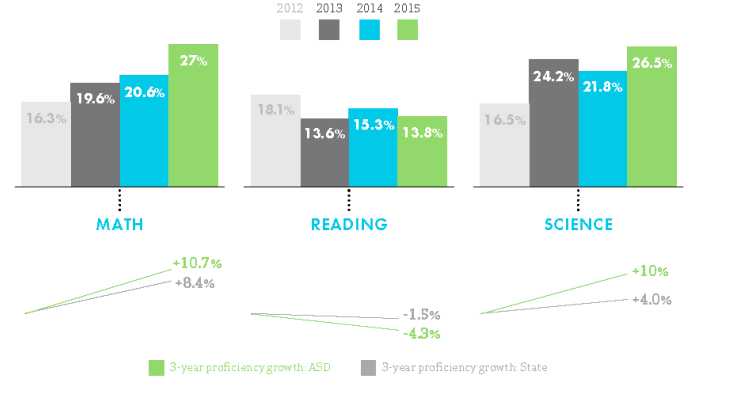
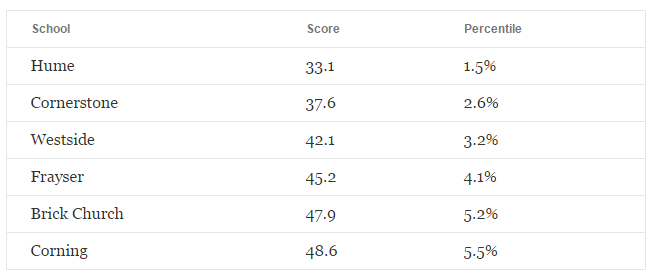

 RSS Feed
RSS Feed
